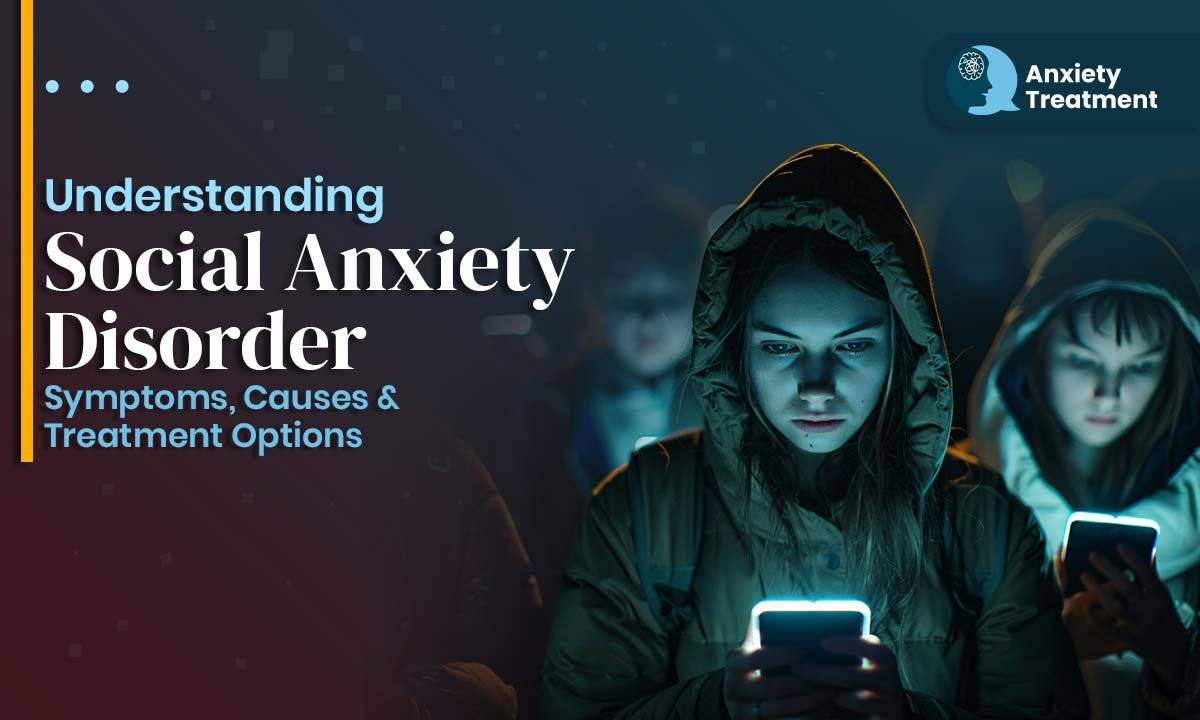In today's fast-paced professional world, stress is no longer just an occasional challenge, it's a chronic condition affecting millions of employees across industries. Deadlines, high workloads, workplace conflicts, and job insecurity all contribute to rising stress levels. Fortunately, workplace stress counseling is emerging as a powerful solution to tackle these mental health challenges head-on.
With mental health taking center stage in organizational strategies, employers are beginning to recognize that investing in employee well-being isn’t just the right thing to do it’s smart business.
What Is Workplace Stress Counseling?
Workplace stress counseling refers to professional mental health support services designed to help employees manage work-related stress. These counseling sessions, either in-person or virtual, provide a safe, confidential space where employees can share concerns, develop coping strategies, and receive guidance from licensed therapists.
Unlike general therapy, mental health counseling at work is tailored to address issues like:
- Performance anxiety
- Burnout
- Conflict with coworkers
- Time management issues
- Coping with change or organizational restructuring
These services may be provided through corporate stress management programs or as part of an Employee Assistance Program (EAP).
Why Stress at Work is a Serious Problem?
The World Health Organization (WHO) has labeled workplace stress as a global epidemic. Prolonged stress doesn’t just harm the individual it affects the entire organization. Employees under constant pressure may experience:
- Decreased motivation and morale
- Poor concentration and decision-making
- Increased absenteeism and sick leaves
- Higher turnover rates
On a larger scale, companies may suffer from reduced productivity, strained work culture, and higher healthcare costs.
Role of Counseling in Employee Stress Management
Employee stress management requires more than just yoga classes or a few mental health days. Counseling offers a deep, individualized approach to identifying stress triggers and building lasting coping mechanisms.
Here’s How Counseling Makes A Tangible Difference:
1. Boosts Emotional Resilience
Counseling helps employees develop a healthier mindset and learn emotional regulation techniques. This enables them to handle workplace challenges without reaching a breaking point.
2. Encourages Early Intervention
Many people hesitate to talk about their mental health until it becomes unbearable. Having on-site or easily accessible counseling options encourages early help-seeking behavior.
3. Improves Communication and Conflict Resolution
Counseling sessions often focus on improving interpersonal skills, which reduces misunderstandings and workplace conflicts.
4. Increases Productivity
A mentally balanced employee is more engaged, focused, and productive. By addressing personal and professional stressors, counseling unlocks their full potential.
Implementing Corporate Stress Management Programs
Companies committed to long-term success are integrating corporate stress management programs into their HR and wellness strategies. These programs may include:
- Regular one-on-one counseling sessions
- Group therapy or peer support groups
- Workshops on managing anxiety, workload, and burnout
- 24/7 access to mental health hotlines
- Leadership training on psychological safety
Organizations like Google, Salesforce, and Deloitte have implemented robust wellness programs that include stress counseling and they’ve seen measurable improvements in both employee satisfaction and retention.
Case Example: How Stress Counseling Transformed a Company?
One mid-sized IT firm in Bengaluru reported a 30% drop in employee turnover after introducing structured workplace stress counseling. Employees who previously felt overwhelmed now had access to weekly counseling sessions and mindfulness workshops. Within a year, performance scores improved, and client satisfaction ratings rose.
This isn’t an isolated case. More and more data proves that prioritizing mental health directly impacts a company’s bottom line.
How to Encourage Employees to Use Counseling Services?
Even when services are available, stigma and lack of awareness can stop employees from using them. Here’s how organizations can promote counseling without making employees uncomfortable:
- Normalize mental health conversations in meetings and newsletters.
- Offer anonymous access to counseling for privacy.
- Equip managers with the skills to recognize signs of employee stress and effectively connect them with appropriate support resources.
- Celebrate Mental Health Awareness Month with campaigns and webinars.
Conclusion - Counseling Is a Long-Term Investment
Workplace stress isn’t going away but it can be managed effectively with the right support systems. Workplace stress counseling is not a quick fix but a powerful strategy to build a resilient, healthier, and more productive team.
By prioritizing employee stress management through personalized counseling and broader corporate stress management programs, companies create a culture of empathy, psychological safety, and performance.
It’s time to stop seeing mental health support as an optional perk—and start viewing it as a competitive advantage.







